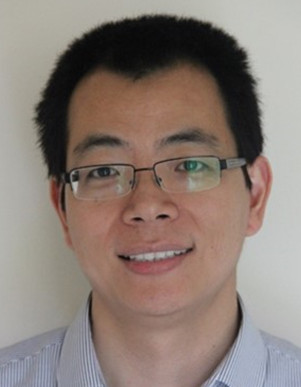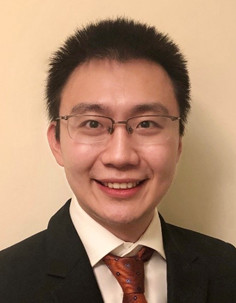Description
User data traffic, especially a large amount of video traffic and small-size internet-of-things (IoT) packets, has dramatically increased in recent years with the emergence of smart devices, smart sensors and various new applications such as virtual reality and autonomous driving. It is hence crucial to increase network capacity and user access to accommodate these bandwidth consuming applications and enhance the massive connectivity. As a prominent member of the next generation multiple access (NGMA) family, non-orthogonal multiple access (NOMA) has been recognized as a promising multiple access candidate for the sixth-generation (6G) networks. The main content of this tutorial is to discuss the so-called “One Basic Principle plus Four New” concept. Starting with the basic NOMA principle to explore the possible multiple access techniques in non-orthogonal manner, the advantages and drawbacks of both the channel state information based successive interference cancelations (SIC) and quality-of-service based SIC are discussed. Then, the application of NOMA to meet the new 6G performance requirements, especially for massive connectivity, is explored. Furthermore, the integration of NOMA with new physical layer techniques is considered, followed by introducing new application scenarios for NOMA towards 6G. Finally, the application of machine learning in NOMA networks is investigated, ushering in the machine learning empowered NGMA era, for making multiple access in an intelligent manner for the next generation networks.
Chairs
Dr. Zhiguo , Ding, The University of Manchester

Zhiguo Ding received his B.Eng in Electrical Engineering from the Beijing University of Posts and Telecommunications in 2000, and the Ph.D degree in Electrical Engineering from Imperial College London in 2005. From Jul. 2005 to Apr. 2018, he had been working in Queen’s University Belfast, Imperial College, Newcastle University and Lancaster University. Since Apr. 2018, he has been with the University of Manchester as a Professor in Communications. From Oct. 2012 to Sept. 2022, he has also been an academic visitor in Prof. Vincent Poor’s group at Princeton University.Dr Ding’ research interests are machine learning, B5G networks, cooperative and energy harvesting networks and statistical signal processing. His h-index is 76 and his work receives 25,000+ Google citations. He is serving as an Area Editor for the IEEE OJ-COMS, an Editor for IEEE TVT and OJ-SP, and was an Editor for IEEE TCOM, IEEE WCL, IEEE CL and WCMC. He received the best paper award of IET ICWMC-2009 and IEEE WCSP-2014, the EU Marie Curie Fellowship 2012-2014, the Top IEEE TVT Editor 2017, IEEE Heinrich Hertz Award 2018, IEEE Jack Neubauer Memorial Award 2018, IEEE Best Signal Processing Letter Award 2018, Alexander von Humboldt Foundation Friedrich Wilhelm Bessel Research Award 2020, and IEEE SPCC Technical Recognition Award 2021. He is a member of the Global Research Advisory Board of Yonsei University, a Web of Science Highly Cited Researcher in two disciplines (2019-2021), an IEEE ComSoc Distinguished Lecturer, and a Fellow of the IEEE.
Dr. Yuanwei , Liu, Queen Mary University of London

Yuanwei Liu is a Senior Lecturer (Associate Professor) in School of Electronic Engineering and Computer Science at Queen Mary University of London (QMUL) , London, U.K. (Aug. 2021-present), where he started as a Lecturer at Sept. 2017. He was a Postdoctoral Research Fellow at King’s College London (KCL) , London, U.K. (Sep. 2016- Aug. 2017). He received the Ph.D. degree from QMUL in 2016. Prior to that, he received the M.S. and B.S. degrees from the Beijing University of Posts and Telecommunications (BUPT) in 2014 and 2011, respectively. He currently serves as a Senior Editor of IEEE Communications Letters, an Editor of IEEE Transactions on Wireless Communications, IEEE Transactions on Communications. He is a IEEE Vehicular Technology Distinguished Lecturer and a Senior Member of the IEEE. Dr. Liu is the recipient of the 2020 [IEEE ComSoc Outstanding Young Researcher Award for the Europe, Middle East and Africa Region], the [2020 Early Achievement Award of the IEEE ComSoc – Signal Processing and Computing for Communications (SPCC) Technical Committee], and the recipient of the [2021 IEEE CTTC Early Achievement Awards]. More information can be found in Google Scholar and Linkedin.


